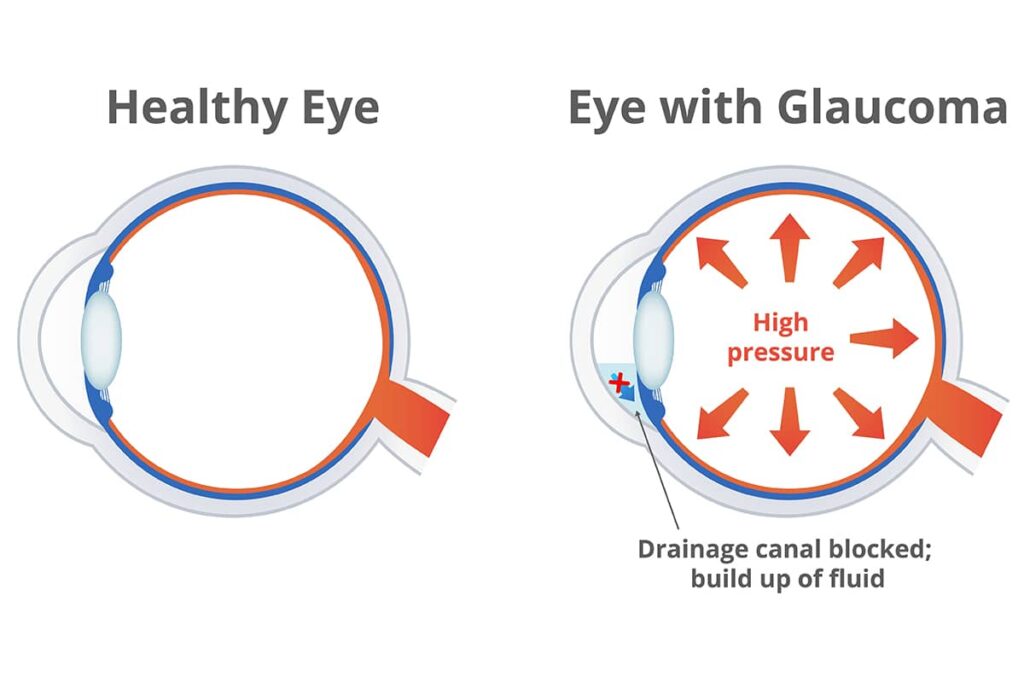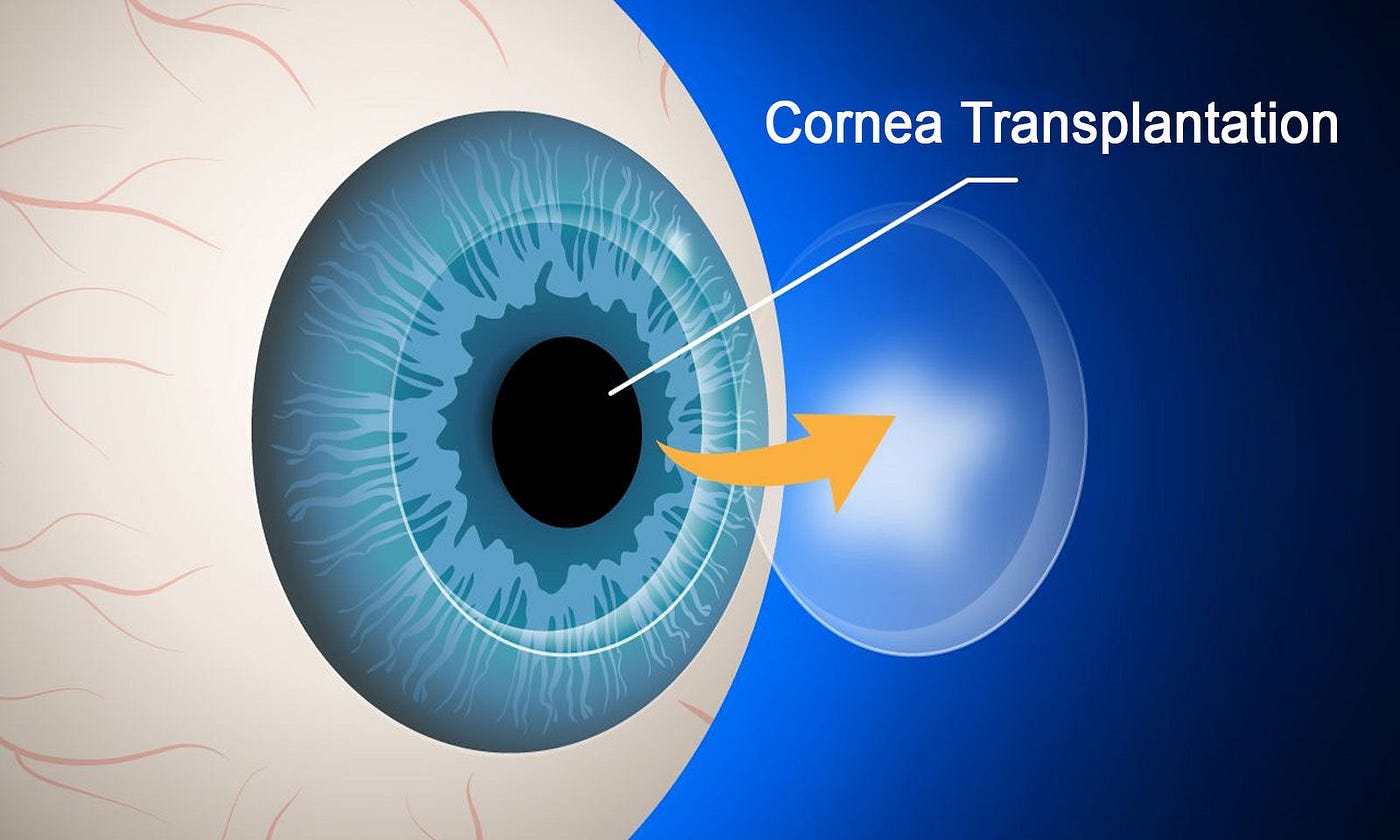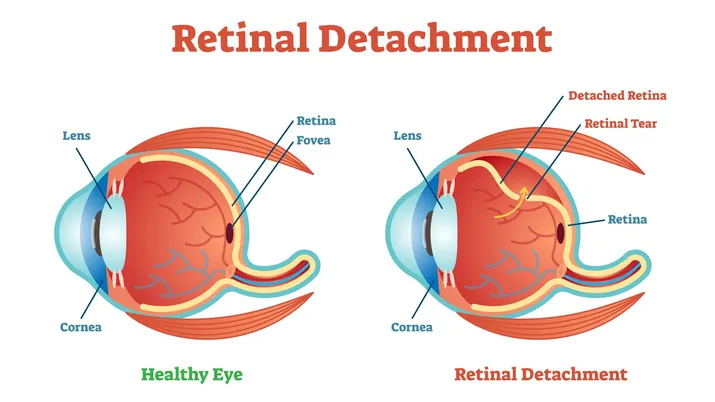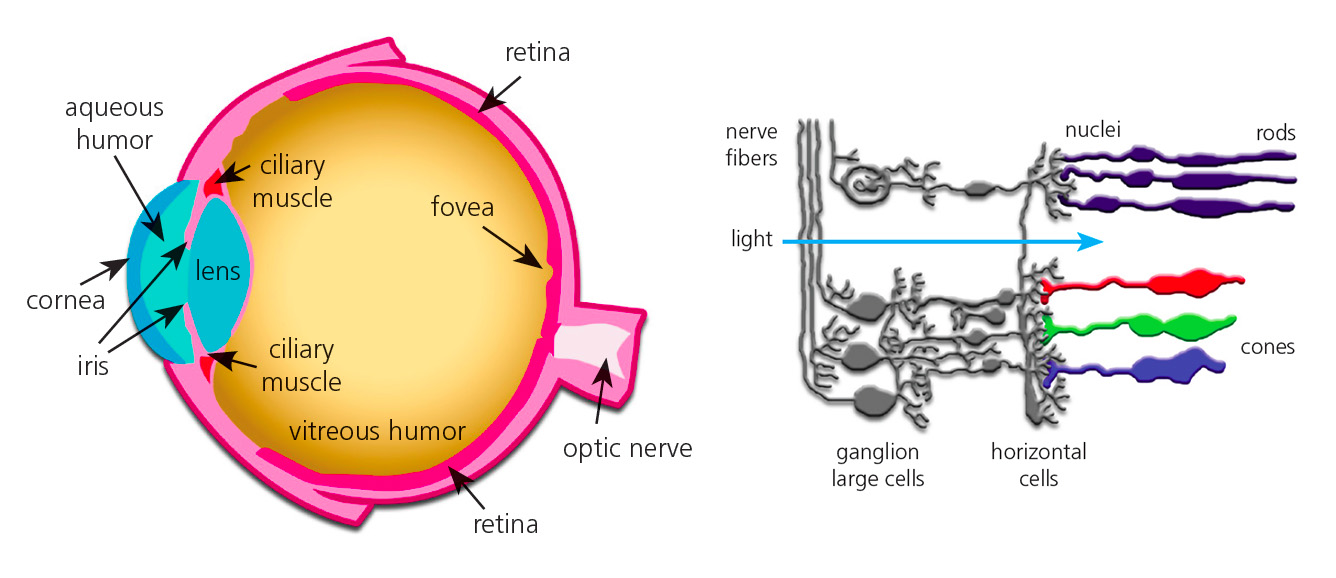Glaucoma can have a significant impact on a person’s quality of life beyond vision loss. Here are some ways in which it can affect daily activities, mental health, and overall well-being:
1. Daily Activities:
– Mobility: Reduced peripheral vision and tunnel vision caused by glaucoma can make it difficult to navigate and perform everyday tasks safely, such as walking, driving, or crossing the street.
– Independence:Glaucoma-related vision loss can affect a person’s independence and ability to live alone or perform activities of daily living without assistance.
– Employment: Depending on the severity of the condition, glaucoma may limit or affect one’s ability to work, especially in occupations that require good vision.
2. Mental Health:
– Depression and Anxiety: Vision loss due to glaucoma can lead to feelings of depression, anxiety, and social isolation. The fear of progressive vision loss can be emotionally distressing.
– Stress: Managing a chronic eye condition like glaucoma can be stressful, with regular eye exams, treatments, and medications. The stress can impact overall mental well-being.
3. Overall Well-being:
– Social Life: People with glaucoma may experience limitations in social activities and engagements, which can affect their overall quality of life and lead to feelings of isolation.
– Self-esteem: Vision loss can impact self-esteem and self-confidence, especially if it leads to dependency on others for tasks they were once able to perform independently.
– Financial Impact: The costs associated with glaucoma treatments, medications, and assistive devices can have a financial impact on individuals and their families.
4. Coping Strategies:
– Support Networks: Building a support network of family, friends, and healthcare professionals can be crucial for coping with the emotional and practical challenges of glaucoma.
– Education: Learning about the condition, treatment options, and adaptive strategies can empower individuals to better manage their glaucoma and maintain a higher quality of life.
– Counseling: Professional counseling or support groups can help individuals with glaucoma address the emotional and psychological aspects of the condition.
It’s essential for individuals with glaucoma to proactively address these non-vision-related aspects of their condition. Open communication with healthcare providers and the use of adaptive techniques and tools can help individuals maintain a fulfilling and independent life despite the challenges posed by glaucoma. Additionally, early detection and treatment of glaucoma can help minimize its impact on these aspects of well-being.
Now you can reach our Dr. Sonia Maheshwari, Eye Specialist in Mumbai practicing at Clear Sight Eye care and Laser Center.




